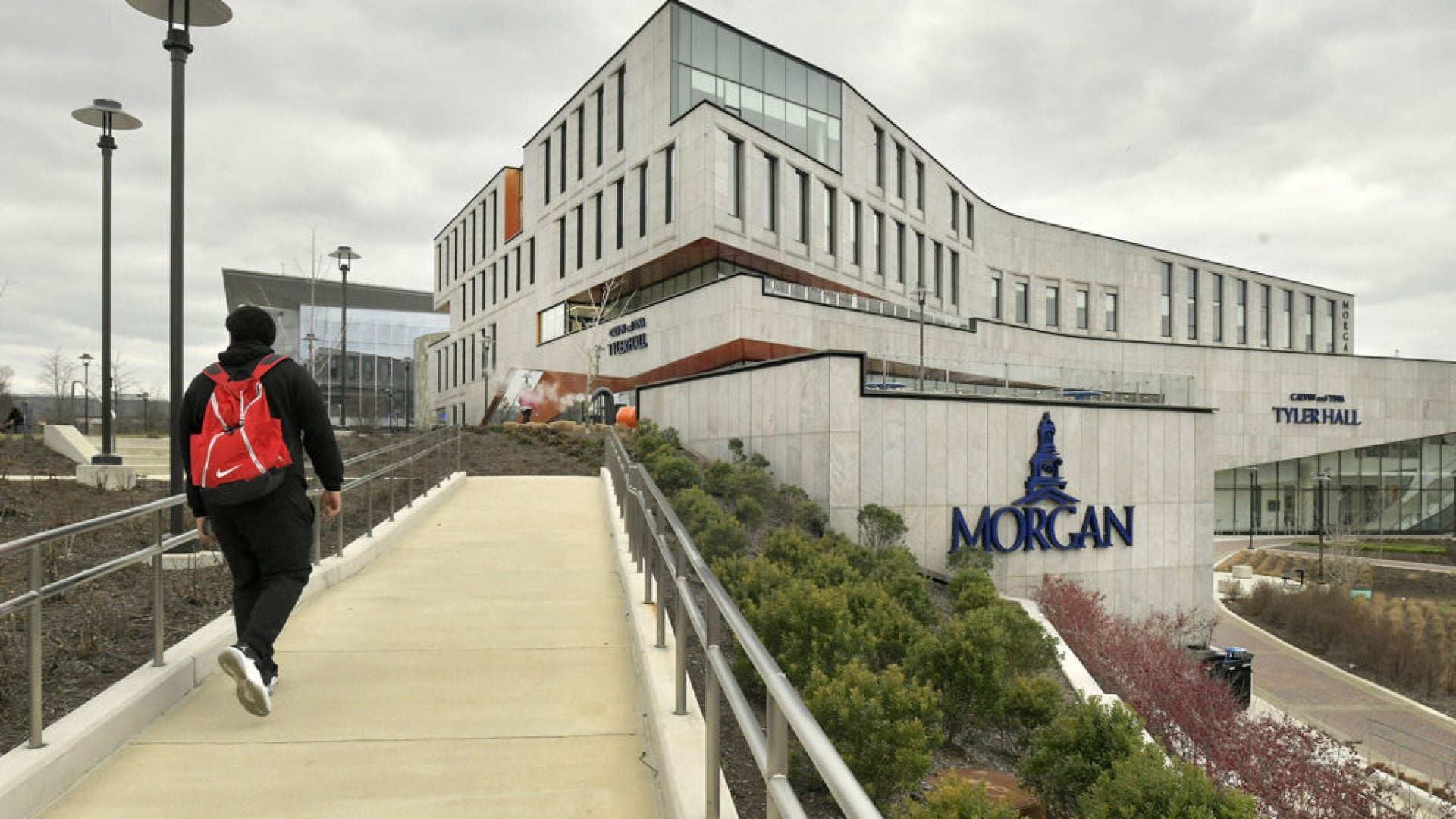
With the Supreme Court effectively ending affirmative action in higher education admissions this June, students of color are once again at a disadvantage. But fortunately, historically Black colleges and universities (HBCUs) “are positioned to step in” and fill the gap. At the same time, “HBCUs could also face a strain on already limited resources,” which presents another conundrum in itself.
President of Clark Atlanta University Dr. George French had a mixed reaction to the ruling, stating “There is a large degree of disappointment within the HBCU constituency, and that is because this decision was intentionally, appears to be intentional, in eroding what was an effective remedy for racial disparities in our nation. So we’re upset about it, but at the same time, we understand that this provides an opportunity for HBCUs to provide access to education for those who otherwise would not have it.”
In fact, in the wake of this decision, leaders at HBCUs do expect “to field more applications from students who are seeking environments they perceive to be more welcoming.”
But Howard University’s president Wayne A.I. Frederick is concerned about the anticipated spike in application numbers, “I’m not necessarily sure that’s a good thing because we have limited funding, and our capacity to support those numbers and expand enrollment is limited.”
HBCUs already play an oversized role in educating Black people in this country. Because even though “HBCUs represent only 3% of all four-year institutions, they account for 10% of all matriculating Black students.”
With this expected increase in applications, some admissions offices at HBCUs are considering altering some of their practices, which could include becoming more selective in some cases.
For instance, Tallahassee’s Florida A&M University’s campus is already home to 9,000 students, and the university only has the capacity to accommodate 10,000. Vice president of student affairs William Hudson, Jr. is worried that the school will have to turn students away, especially considering that they are already seeing a rise in numbers during recent admissions cycles.
Experts have also pointed out that not all HBCUs will be affected equally, calling out smaller schools in rural areas in particular, “In bigger states, where students may not know the institutions, [they] will gravitate to the name brand.”
Given these disparities, Brookings Institution released a report underscoring the importance of investing in HBCUs. While enrollment has increased at HBCUs during the pandemic, another surge “may prove challenging as Black institutions—like Black people—are under resourced due to past and present discrimination,” continuing “With demand for HBCUs poised to jump in the wake of the Supreme Court decision, states, corporations, philanthropies, and individuals need to reprioritize investment in these institutions.”